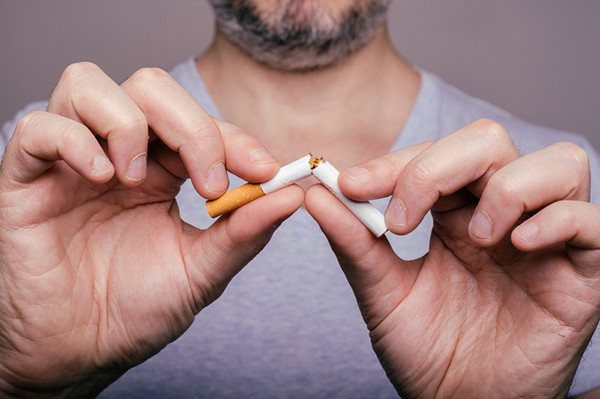
Respiratory health harms often follow flooding: Taking these steps can help

Tips to leverage neuroplasticity to maintain cognitive fitness as you age

Can white noise really help you sleep better?

Celiac disease: Exploring four myths

What is prostatitis and how is it treated?

What is Cushing syndrome?

Exercises to relieve joint pain

Think your child has ADHD? What your pediatrician can do

Foam roller: Could you benefit from this massage tool?

Stepping up activity if winter slowed you down
Mind & Mood Archive
Articles
Stories connect us
Why it's hard to change unhealthy behavior -- and why you should keep trying
Adopting healthier lifestyle habits doesn't happen at once, but is a process that happens in stages. Setbacks along the way are normal, but they provide opportunities for growth and learning.
Hope: Why it matters
A new Alzheimer's drug has been approved. But should you take it?
Ask the doctor: Which antidepressants have anticholinergic effects?
An article in your April issue, ?Common drugs linked to dementia,? states that anticholinergics are used to treat depression. I wasn?t aware of this. Which types of anticholinergics are used for depression?
What's the relationship between diabetes and dementia?
Are toxins flushed out of the brain during sleep?
The glymphatic system is the brain's "waste management" system. It carries fresh fluid into the brain, mixes the fresh fluid with waste-filled fluid surrounding brain cells, and flushes the mix out of the brain and into the blood.
Sleeping five hours or less may raise dementia risk
Thoughts on optimism
COVID-related loss of smell may be associated with mental health risks

Respiratory health harms often follow flooding: Taking these steps can help

Tips to leverage neuroplasticity to maintain cognitive fitness as you age

Can white noise really help you sleep better?

Celiac disease: Exploring four myths

What is prostatitis and how is it treated?

What is Cushing syndrome?

Exercises to relieve joint pain

Think your child has ADHD? What your pediatrician can do

Foam roller: Could you benefit from this massage tool?

Stepping up activity if winter slowed you down
Free Healthbeat Signup
Get the latest in health news delivered to your inbox!
Sign Up









